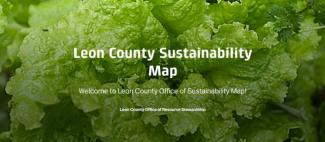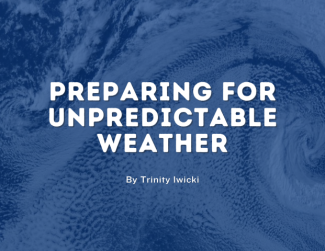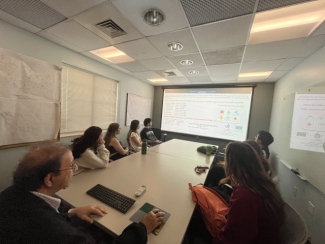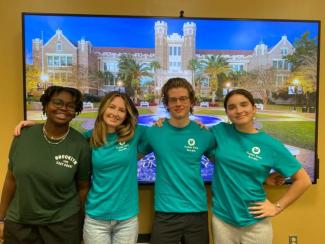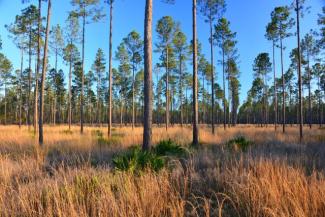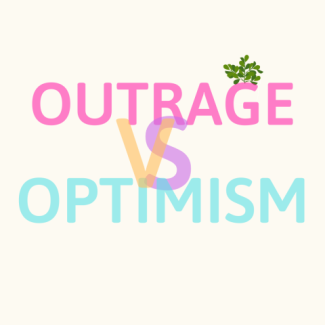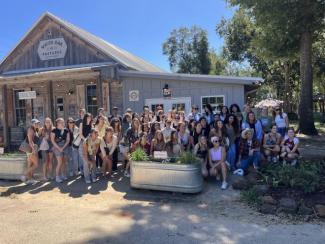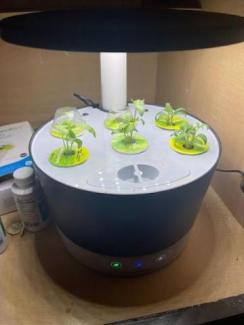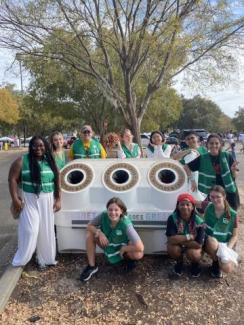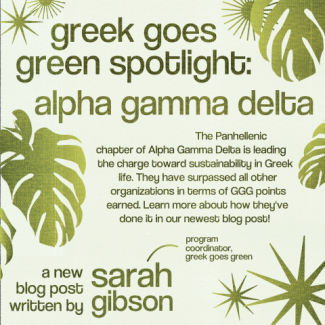Partner: Leon County Office of Sustainability
Project: Update and Refine the GreenMap
Student: Madison Askins
Over the 2024 Spring semester, Madison Askins, a fourth-year undergraduate in Public Health, partnered with the Leon County Office of Sustainability as a Sustainability Fellow. Madison’s project focused on an often overlooked aspect of sustainability in the urban environment: information and access to green spaces.

